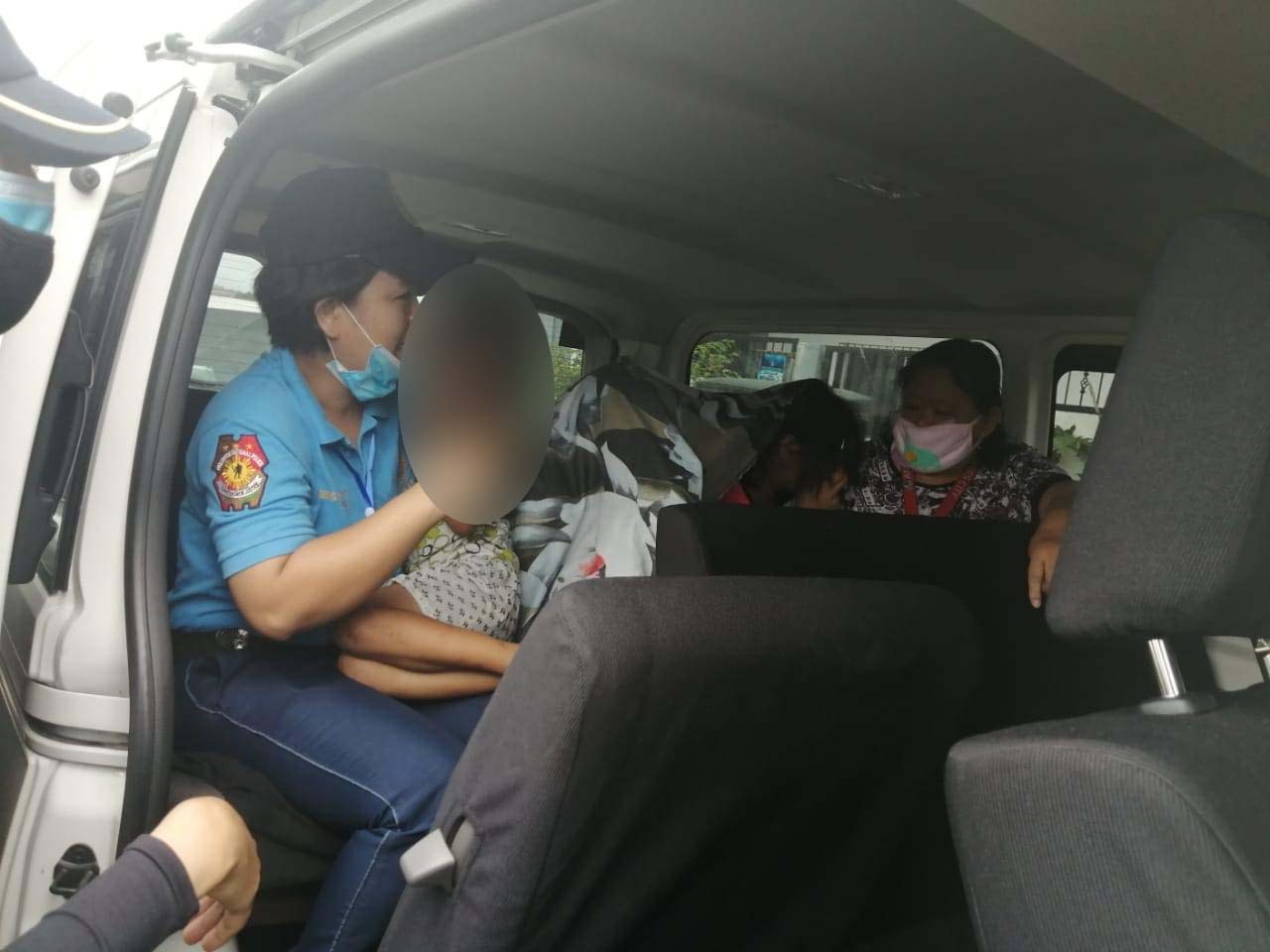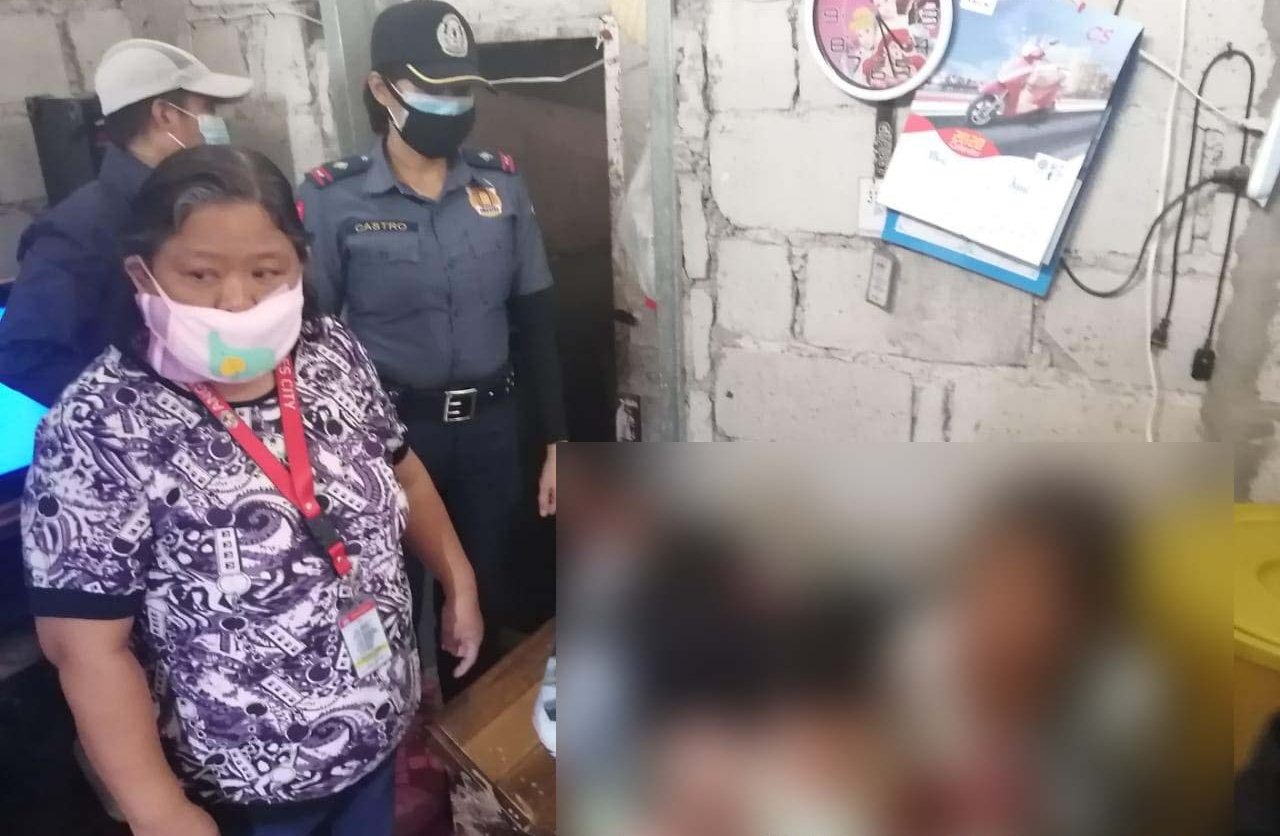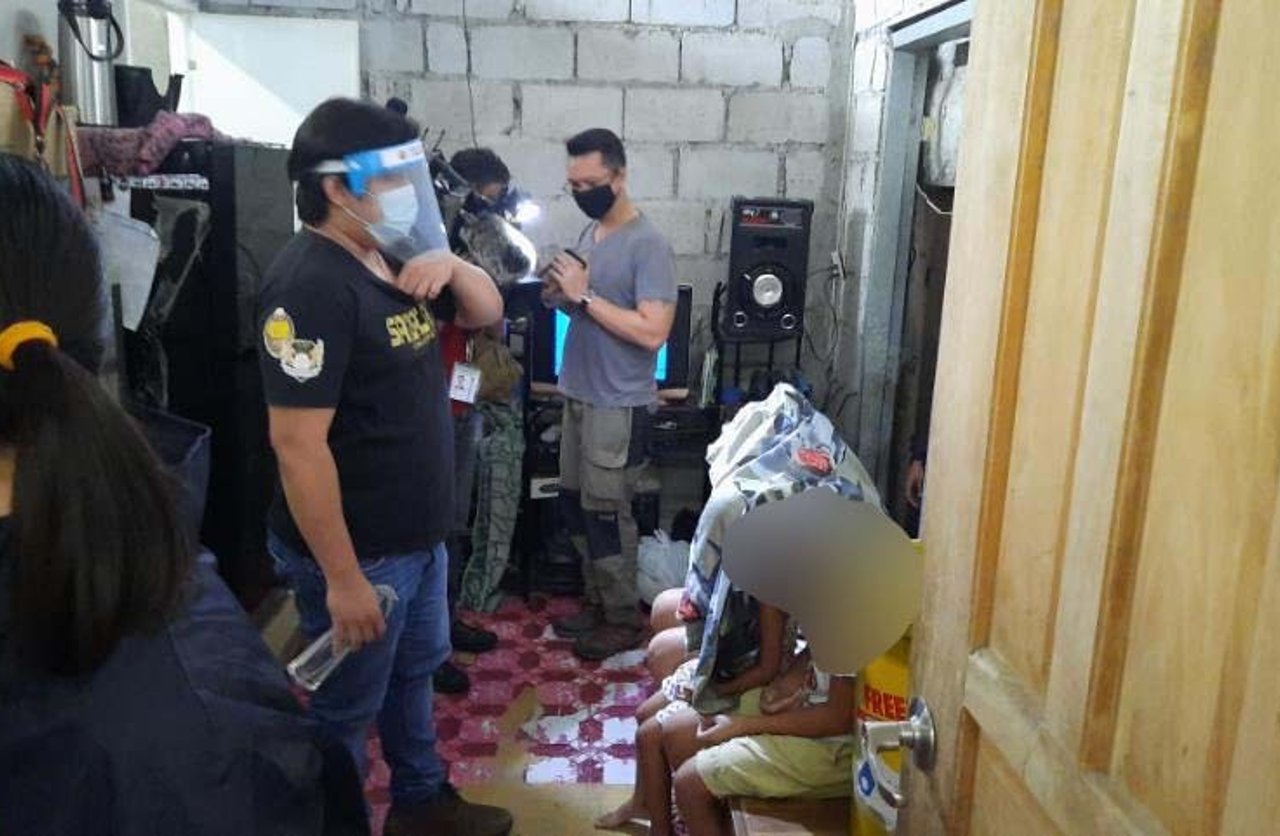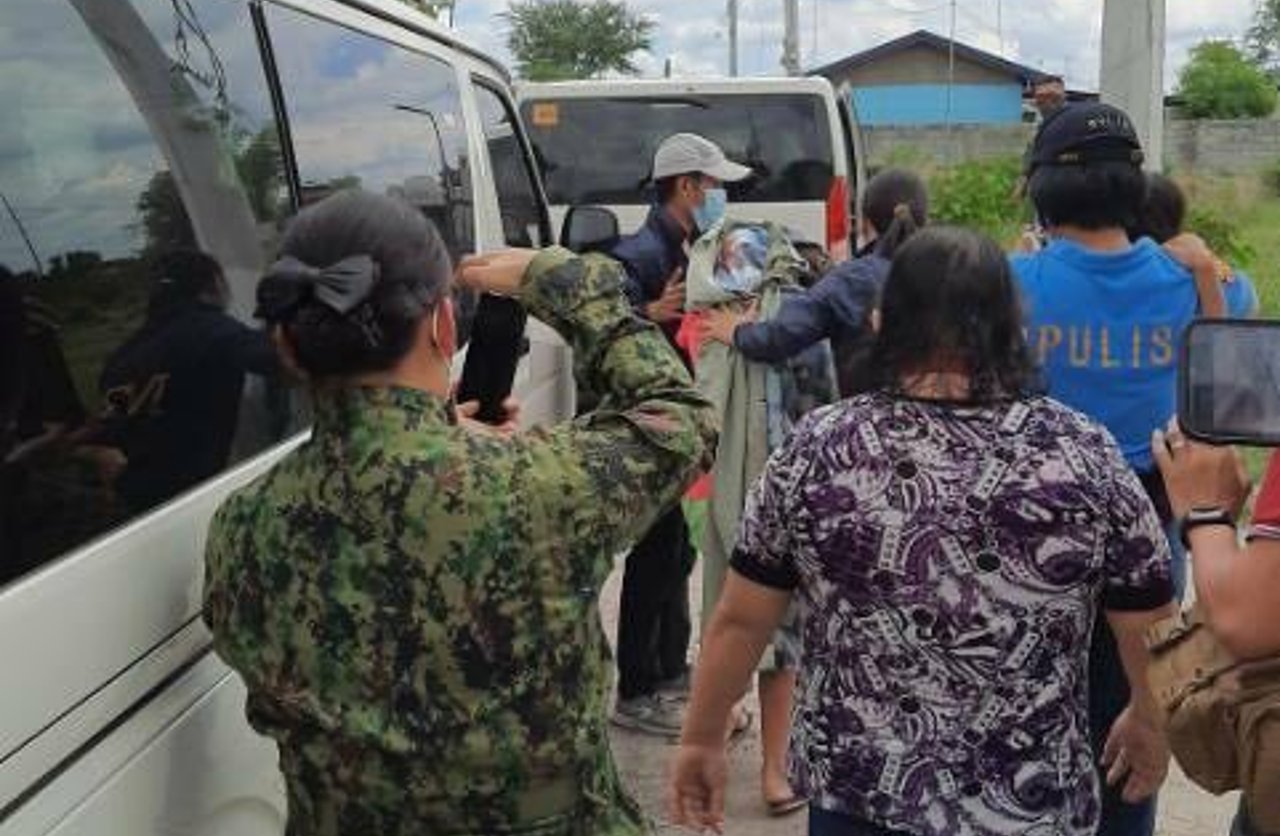MEDIA RELEASE: Second cybersex trafficking rescue in 10 days thanks to Aussie police referral

Friday 15 May 2020
ANGELES, THE PHILIPPINES – Yesterday authorities rescued three girls from cybersex trafficking and arrested a 34-year-old woman after an Australian referral to the Philippine Internet Crimes Against Children Center (PICACC). It is the second successful cybersex trafficking operation in 10 days, and both were the result of an AFP tip-off.
Of the three survivors, two of them were aged 14 and 6, and are the biological daughters of the arrested suspect. The other 11-year-old girl rescued at the scene is the suspect’s stepdaughter. All three minors are now undergoing affidavit taking and processing with the help of the Department of Social Welfare and Development (DSWD) and the Local Government Unit social worker. They will be put on quarantine to be tested for COVID-19 by the shelter’s physician.
The case build up for this arrest started on 18 March 2020 when the Australian Federal Police (AFP) in Manila facilitated a referral to the PICACC, a model for an enhanced global response against cybersex trafficking of children based on a cooperation among local and international law enforcement, in partnership with non-government organisation, International Justice Mission (IJM).
Australian Federal Police Senior Officer in the Philippines, Detective Superintendent Andrew Perkins, explained that the AFP’s Sydney office had passed on critical information to the Philippine National Police-Women and Children Protection Center (PNP-WCPC) and the National Bureau of Investigation Anti-Human Trafficking Division (NBI-AHTRAD), who conducted the successful joint operation.
“This arrest in the Philippines demonstrates how the close working relationships between the AFP, PNP, the NBI and all our international partners can ensure the protection of children around the world,” Perkins said. “International partnerships are critical to our combined efforts to protect children, no matter where they live. The AFP and its international partners will continue to work tirelessly to target anyone who seeks to exploit children, and we are not distracted by the demands of the COVID pandemic.”
Ten days earlier, on 4 May, an AFP referral had led to the arrest of a 41-year-old woman and the rescue of her three children in Caloocan City.
IJM Australia’s Interim Chief Executive, Jacob Sarkodee, said, “We are excited by the fruitful collaboration between Australian and Philippine authorities with the support of IJM Philippines. Three more vulnerable children are now safe and we hope to see more boys and girls set free from cybersex trafficking through the efforts of the PICACC.”
Despite the public storm warning in Luzon and challenges posed by COVID-19, Philippine law enforcers did not stop in carrying out their sworn duty to the public. “Even with inclement weather warnings, extended community quarantines and physical distance of the crime scene, our gallant law enforcers will still do everything in their power to rescue the most vulnerable children,” said the PNP’s PBGEN Alessandro Abella.
IJM Manila’s Field Office Director, Atty Rey Bicol, said, “This operation proves that our laws are being effectively enforced to protect the vulnerable even in this time of community quarantine. We commend our government and non-government partners as we see the intensifying efforts against cybersex trafficking of children even during the lockdown. The number of children rescued are rapidly increasing each week. For us, these are not just numbers but real lives on their way to restoration and healing.”
###
Note:
The Terminology Guidelines for the Protection of Children from Sexual Exploitation and Sexual Abuse, also known as the Luxembourg Guidelines, prescribes the use of the term “child sexual abuse material” or “child sexual exploitation material” instead of “child pornography”, except when referencing the name of statute. Sexualised material that depicts or otherwise represents children is a representation, and a form, of child sexual abuse and should not be described as “pornography.”
MEDIA ENQUIRIES
For media enquiries, contact:
Bryan Henderson
[email protected]
0452 556 779
Download this media release as a PDF.






Top row: the three rescued girls at the crime scene. Bottom row from left: the children being removed from the crime scene; the rescued children in the rescue van with a police officer and social worker; the suspect under arrest. Please credit International Justice Mission. Image files available upon request.